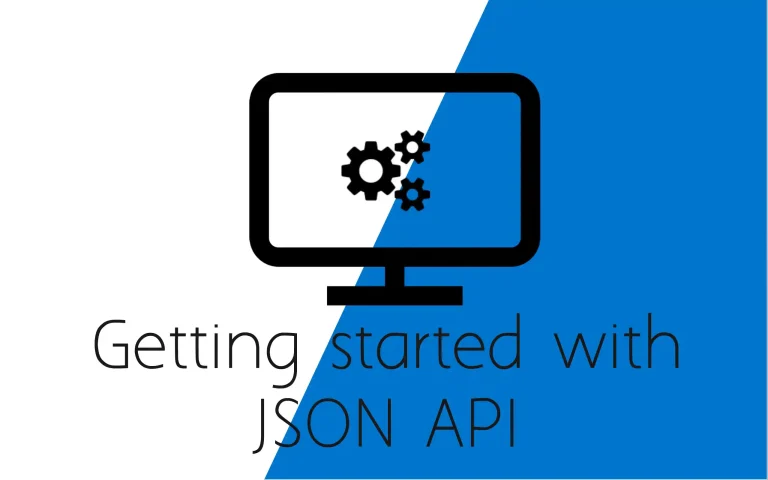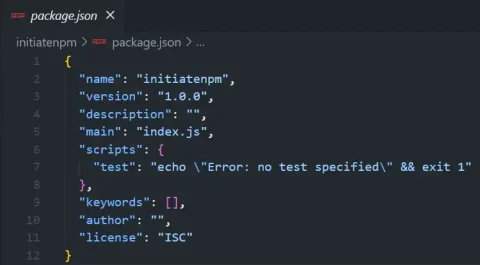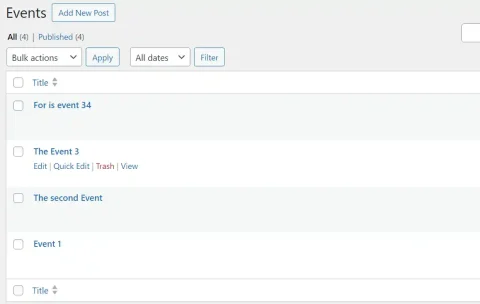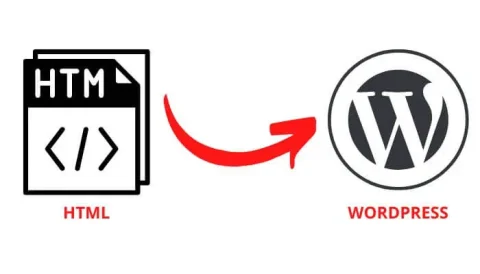When working with WordPress, there are times when requesting for the default REST API endpoints may not fully meet your requirements, especially if you have custom post types with specific data structures . In such cases, creating a new custom REST API URL becomes essential to tailor the API responses to match the unique needs of your custom post types.
Reasons Why You May Need a New Custom REST API URL
- Data Customization: Custom post types often have additional fields or data that are not present in standard posts or pages. Creating a new custom REST API URL allows you to include this custom data in the API responses.
- Custom Search Logic As WordPress REST API returns search results for only the post searched for (It is not aware of post relations i.e. as you search instructor, it will not show the related courses of instructor, campuses the instructor teach on & so on…)
- Respond with less raw JSON data (Only respond with needed data which increases speed to respond for API requests)
- Improved User Experience: By designing custom API endpoints, you can streamline how data is retrieved, making it more efficient and tailored to the requirements of your application or website.
- Enhanced Control: Customizing the REST API endpoints gives you greater control over the content and structure of the data you expose to external applications, ensuring a seamless integration with different services.
Registering a New Custom REST API URL in WordPress
To register a new custom REST API URL in WordPress, you can use the register_rest_route() function within the rest_api_init action hook. This function allows you to define new routes and endpoints for your custom post types.
Introduction to register_rest_route() Function
The register_rest_route() function is used to create custom REST API routes in WordPress. It requires specifying the route’s namespace, path, and options. The essential parameters are:
Namespace: Defines the portion of the route URL preceding the route itself.Route: Specifies the segment of the route URL.Options: Includes details such as the HTTP method (GET,POST), callback function, and any additional parameters like permissions.
When registering a new custom REST API URL in WordPress, the WP_REST_SERVER::READABLE constant is used to specify that the custom endpoint is accessible via the GET method, allowing for the retrieval of data. For example, when implementing a new route for fetching featured products from a custom post type, the WP_REST_SERVER::READABLE constant would be used to ensure that the data can be accessed using the GET method within the API.
Arguments in register_rest_route()
When using register_rest_route(), the options parameter requires several arguments:
- Methods: Specifies the HTTP methods allowed for this route.
- Callback: Defines the function that will handle the endpoint data when requested.
- Permission Callback: Optional parameter for checking permissions before executing the callback function.
Example of Registering a New Custom REST API URL
Here is an example of registering a new custom REST API URL for a custom post type in WordPress:
add_action('rest_api_init', 'register_custom_api_route');
function register_custom_api_route() {
register_rest_route('custom/v1', '/products', array(
'methods' => 'GET',
'callback' => 'custom_products_api_callback',
));
}
function custom_products_api_callback($request) {
// Custom logic to retrieve and return product data
$products = array(
// Retrieve product data dynamically
);
return rest_ensure_response($products);
}
In this example:
- The namespace is set to
custom/v1for version control. - The route is
/products, which will fetch product data. - The method is set to
GETto retrieve data. - The callback function
custom_products_api_callback()processes the request and returns the product data.
By utilizing register_rest_route() with the rest_api_init hook, you can efficiently create new custom REST API URLs tailored for your custom post types in WordPress.
Returning Custom Posts Data as a JSON API Response in WordPress
In WordPress, it’s effortless to return custom posts data in JSON format for API requests. WordPress handles the conversion of PHP array data to JSON array format seamlessly. You can achieve this by using a custom WP_Query() to gather the required post data and craft a JSON response. After creating a new custom REST API URL for custom post types, you can easily return an array of custom posts data for JSON API requests.
Steps to Return Custom Posts Data for JSON API Request:
1) Creating a new WP_Query() Object:
Utilize the WP_Query() class to construct a query fetching the desired custom post type data. This allows you to tailor the query based on specific criteria.
Example:
$custom_query = new WP_Query(array(
'post_type' => 'products',
'posts_per_page' => -1, // Retrieve all posts
'orderby' => 'date',
'order' => 'DESC'
));
2) Creating an Empty Array to Store Post Data:
Initialize an empty array where you’ll store the custom posts data retrieved from the WP_Query().
Example: $custom_posts_array = array();
3) Looping through Posts and Populating the Array:
Iterate through the query results using a while loop and push the relevant post data into the empty array created earlier.
Example:
while ($custom_query->have_posts()) {
$custom_query->the_post();
$post_data = array(
'id' => get_the_ID(),
'title' => get_the_title(),
'content' => get_the_content(),
'authorName' => get_the_author(),
// Add more custom fields as needed
);
array_push($custom_posts_array, $post_data);
}
4) Returning the Array of Custom Post Data:
Finally, within your custom REST API route callback function, return the populated array of custom post data as an associative array. This array will be automatically converted to JSON format when sent as the API response.
Example:
function custom_posts_api_callback($request) {
// Construct the array of custom post data
$custom_posts_array = array();
// Populate the array with custom post data
// (Code block from step 3)
// Return the array as JSON response
return rest_ensure_response($custom_posts_array);
}
By following these steps and utilizing the WP_Query() class in WordPress, you can effectively generate and return custom posts data as a JSON API response tailored to your specific requirements.






